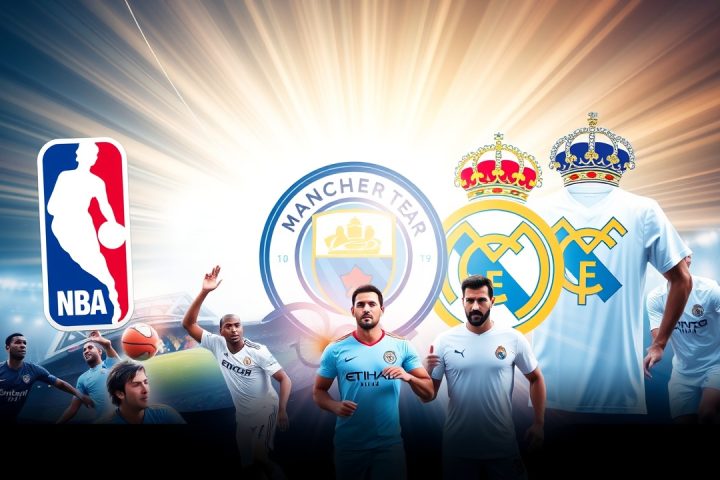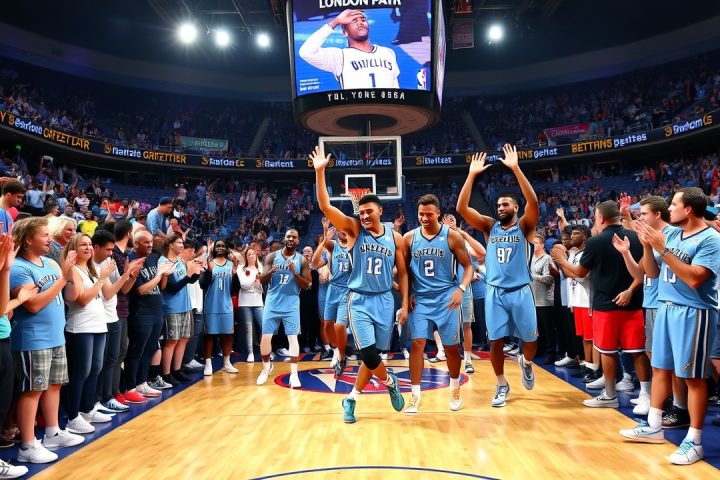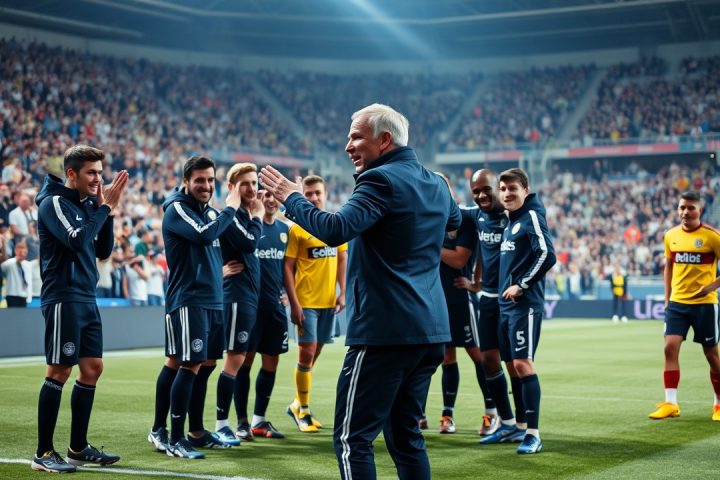The Cultural Landscape of England
The cultural landscape of England has been profoundly shaped by two vibrant decades: the 1960s and the 1990s, both of which epitomized the nation’s passions for football and music. The 60s birthed iconic bands like The Beatles and The Rolling Stones while also celebrating England’s victory in the 1966 World Cup. In contrast, the 1990s ushered in Britpop, the establishment of the Premier League, and multiple near-misses for the national football team in major tournaments.
Distinct Relationships Between Music and Football
However, the two eras displayed distinct relationships between music and football. While the 1960s encapsulated a disconnection between the two arts—with rock icons like the Beatles showing little interest in football—the 1990s presented a unique fusion of these cultural spheres. Notable examples include New Order‘s anthemic contributions to the 1990 World Cup and The Lightning Seeds‘ uplifting sound for Euro 96. The Football Association capitalized on this trend by producing the album The Beautiful Game, featuring tracks from Britpop stalwarts like Blur and Pulp. Rick Blaskey, the executive music producer for Euro 96, noted,
“Two cultures of music and football have never been so close.”
Oasis and Their Football Connection
Oasis, the poster boys of the Britpop era, famously wore their Manchester City allegiance on their sleeves. The Gallagher brothers—Liam and Noel—transcended typical band dynamics by allowing their sibling bond to define their artistic journey. Liam’s playful engagement in interviews often revealed a rich shared history with music and football; he reminisced about playing soccer with bandmates long before they graced the stage. A casual mention in one interview confirmed their roots:
“We used to play football together. Soccer. Proper game.”
Their love for football even permeated the band’s lyrics, particularly in the track Round Are Way, which captures the joy of playing the game rather than simply watching it. Moreover, the band’s football-centric banter and references underscore its significant influence on their persona. An illustrative moment occurred in 1995, while discussing songwriting ambitions, when Noel poised for grandeur explained,
“Think penthouse, not bedsit,”
only for Liam to quip,
“Think AC Milan, not Tranmere Rovers.”
Beyond just their lyrics, Oasis’ fixation with football reflected in their actions, including the 1995 release of a book co-written by bassist Paul McGuigan about the enigmatic Robin Friday, a rebellious 70s footballer. This side project highlighted McGuigan’s deep-rooted obsession with the game, revealing that he often preferred football over any other pastime.
Noel’s allegiance to City had familial roots, steered by a desire to oppose United fans in the family—
“You just get born with it, don’t ya?”
he remarked. Despite Oasis reaching astronomical heights, City found themselves grappling with relegation during the band’s rise, allowing a relatable bond with fans of an underdog club.
The Rivalry and Cultural Impact
During the 1990s, a fierce rivalry contrasted Oasis’ rise with Manchester United‘s dominance; United’s football squad even released a hit single amid the band’s emergence. The cultural battle between Oasis and rival band Blur mirrored the footballing rivalries that captivated the nation, punctuated by their public squabbles and chart clashes.
Oasis embraced football culture not just in their artistry, but also during performances, famously diving into the scorelines of matches at their gigs, all while remaining detached from traditional geographical references in their lyrics. Notably, Noel even declined to write a theme song for Manchester City, expressing a lack of desire to sweat over a song unless it benefited their music.
Legacy and Reunion
While the 21st century saw the band’s relevance fade, the connection to football remained, as their iconic tracks continued to echo in stadiums and feature in significant football montages. As seasons turned and eras transitioned, Oasis and football remained a natural pairing in the British cultural narrative. Their journey intertwined faintly with City’s resurgence, mirroring the band’s own arc within popular music.
With their upcoming reunion tour, Oasis will bridge past and present, echoing their legacy in the same football grounds they once cherished, despite their longtime rivalry diminishing and evolving with time. In essence, the narrative of Oasis is inextricably linked to the world of football, uniting the energy of soccer fans with the vibrancy of rock music in a uniquely British phenomenon.




